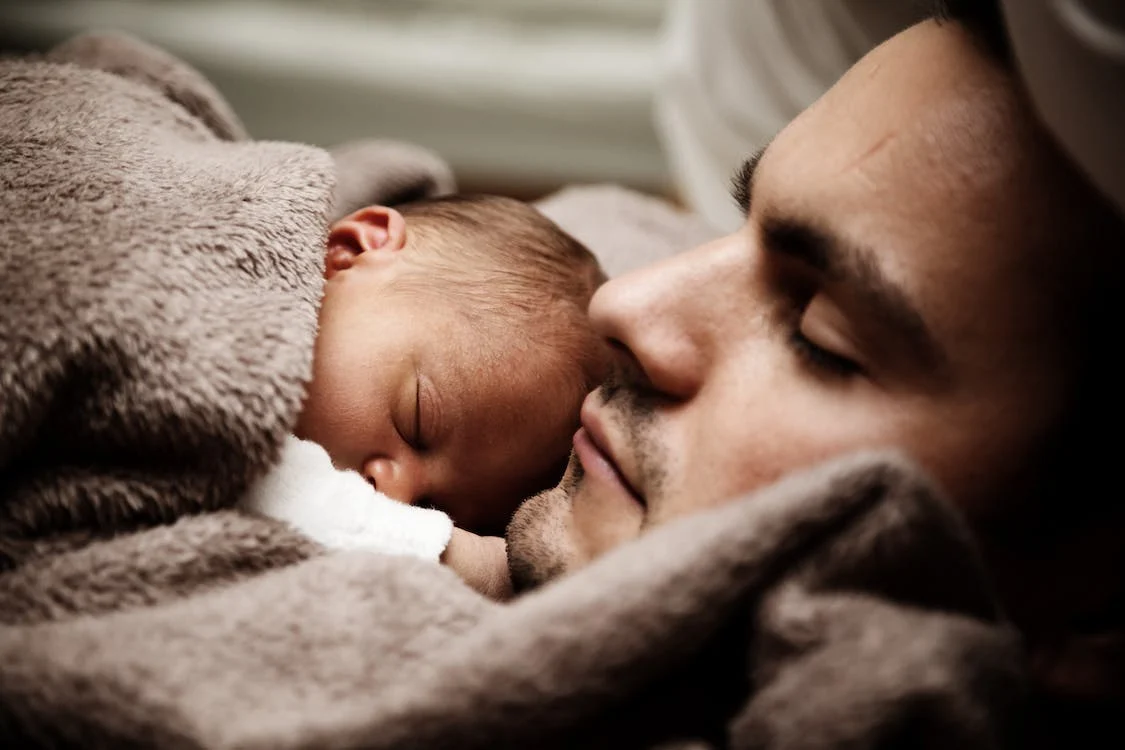


Posted by the Sleep & Wellness Clinic
Written by your friendly Child Sleep Specialist who's also had many 3 a.m. wake-up calls.
Ever stumbled into your child’s room in the middle of the night only to find them crying, panicking, or — worse — screaming into the void with their eyes wide shut? Welcome to the emotional rollercoaster of nightmares and night terrors. As sleep consultants, we've seen it all: kids who bolt upright in bed after dreaming of a giant broccoli monster and others who are mid-tantrum while still very much asleep.
The truth? It’s terrifying for them — and pretty exhausting for you.
But here's the good news: once you know the difference between nightmares and night terrors (yes, they’re not the same thing!), you can respond in ways that actually help your child and reduce future episodes.
Let’s break it down like a bedtime story — minus the scary bits.
When do they happen?
Usually after midnight, during the lighter REM stage of sleep — aka the brain’s movie-making time.
When do they happen?
What should you do?
Be their calm in the storm.
That dream felt real, but you’re safe now.
Let’s think of something happy to dream about. Maybe unicorns on skateboards?
Bonus tip: Let them talk if they want. Sometimes just getting the spooky stuff out helps it go away.
When do they happen?
Usually before 1:00 am, during deep, non-dream sleep. Think of this as the body rebooting — but the system glitches.
What do they look like?
What should you do?
Whatever you do, don’t try to wake them up (unless you're training to be an Olympic-level wrestler).
Instead
There’s no secret horror movie or ghost in the closet (we checked). The most common culprit?
Being overtired.
Yep, kids are dramatic when tired. And sometimes their brains express that drama through dreams or terrors.
Other common triggers
You don’t need a magic spell or sleep potion. Just a few consistent tweaks go a long way:
No monster spray
We get it, it feels helpful. But it reinforces that monsters are real. Instead, say:
“There are no monsters here, and you’re safe. I checked.”
Don’t bring them to your bed
It’s tempting — you’re exhausted, they’re scared. But the more they believe they have to be with you to feel safe, the more sleep battles you’ll face later. Instead:
If your child’s nighttime chaos is turning you into a sleep-deprived
zombie, you're not alone.
That’s exactly why we created our Baby Sleeping Consultancy and Online
Sleep Trainer services
to help real parents like you navigate bedtime battles with expert,
non-judgmental support.
Our personalized approach means we’ll look at your child’s habits,
routines, triggers, and sleep environment
— and guide you to a solution that actually works (without having to
read 17 parenting books).
Because sleep shouldn’t be scary. And bedtime? Should actually be bed time.

Breastfeeding Boundaries for Toddlers – A Gentle Guide for Rested Nights
Breastfeeding starts as a beautiful bond. But as your baby grows into a toddler, ...
Read More
Why Your Baby Is Waking at 5 AM – Advice from a Pediatric Sleep Specialist
If you're a parent waking up before the sun because your baby is suddenly bright-eyed and active at 5 AM, ...
Read More